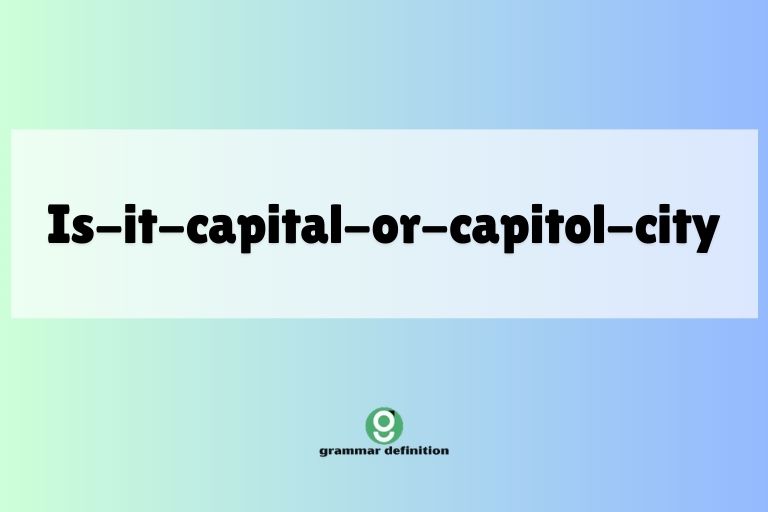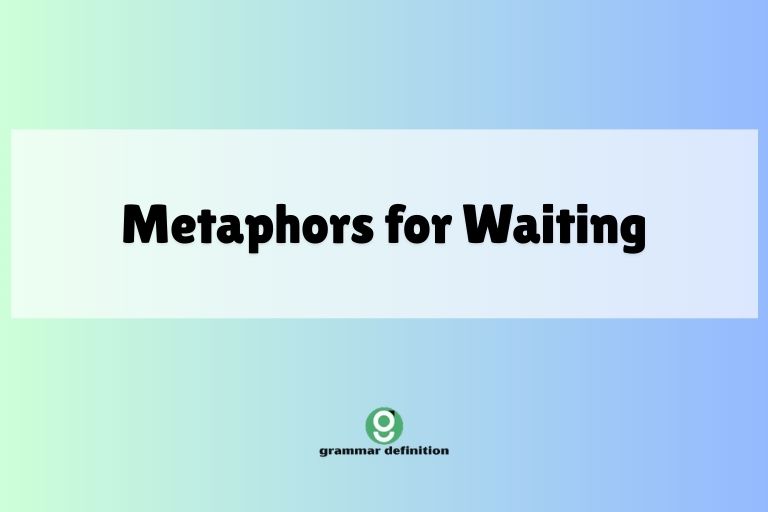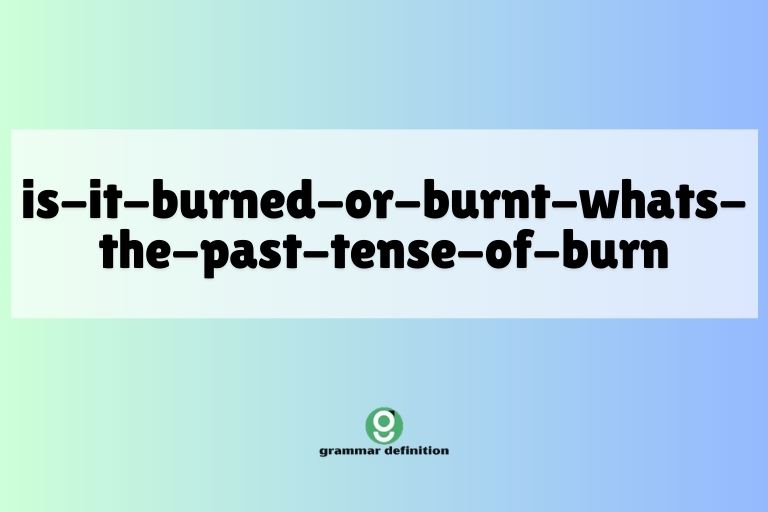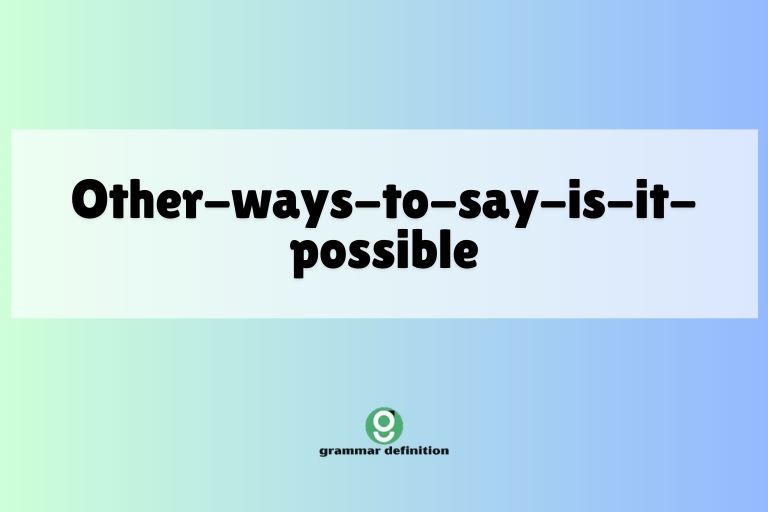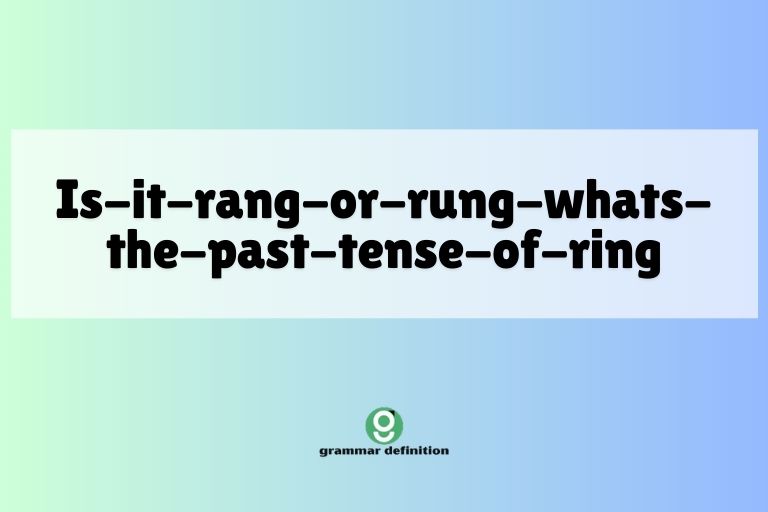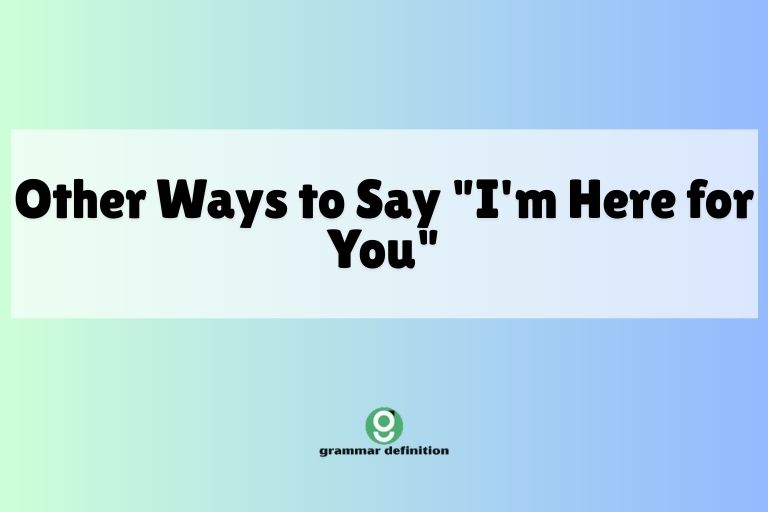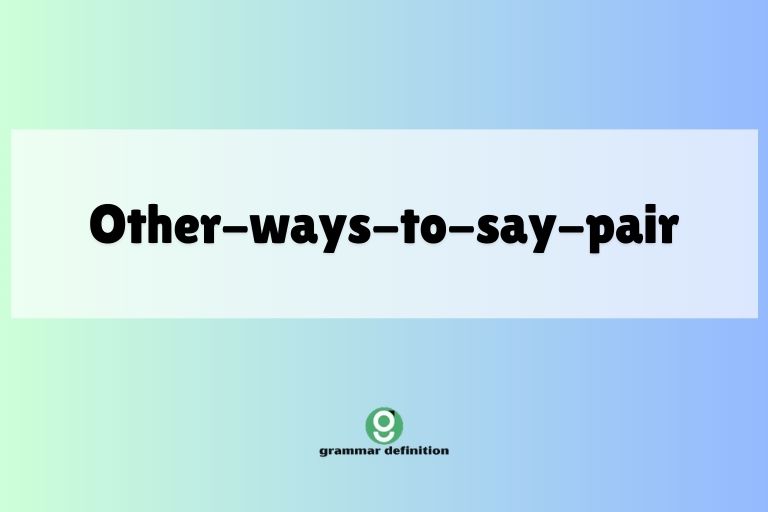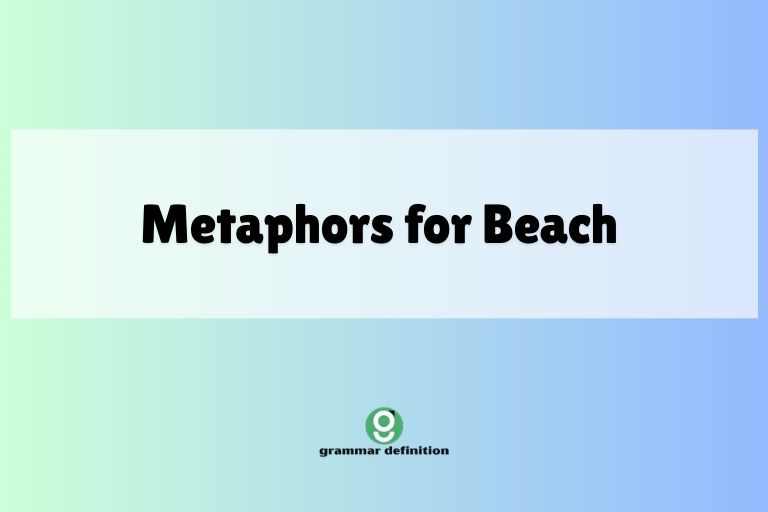Capital or Capitol: Understanding the Difference
Confusing ‘capital’ and ‘capitol’ is a common pitfall in English, even for native speakers. While these words sound alike, they have distinct meanings and usages. Mastering their differences is crucial for clear and accurate communication, particularly in formal writing and professional contexts. This article provides a comprehensive guide to understanding the nuances of ‘capital’ and … Read more

